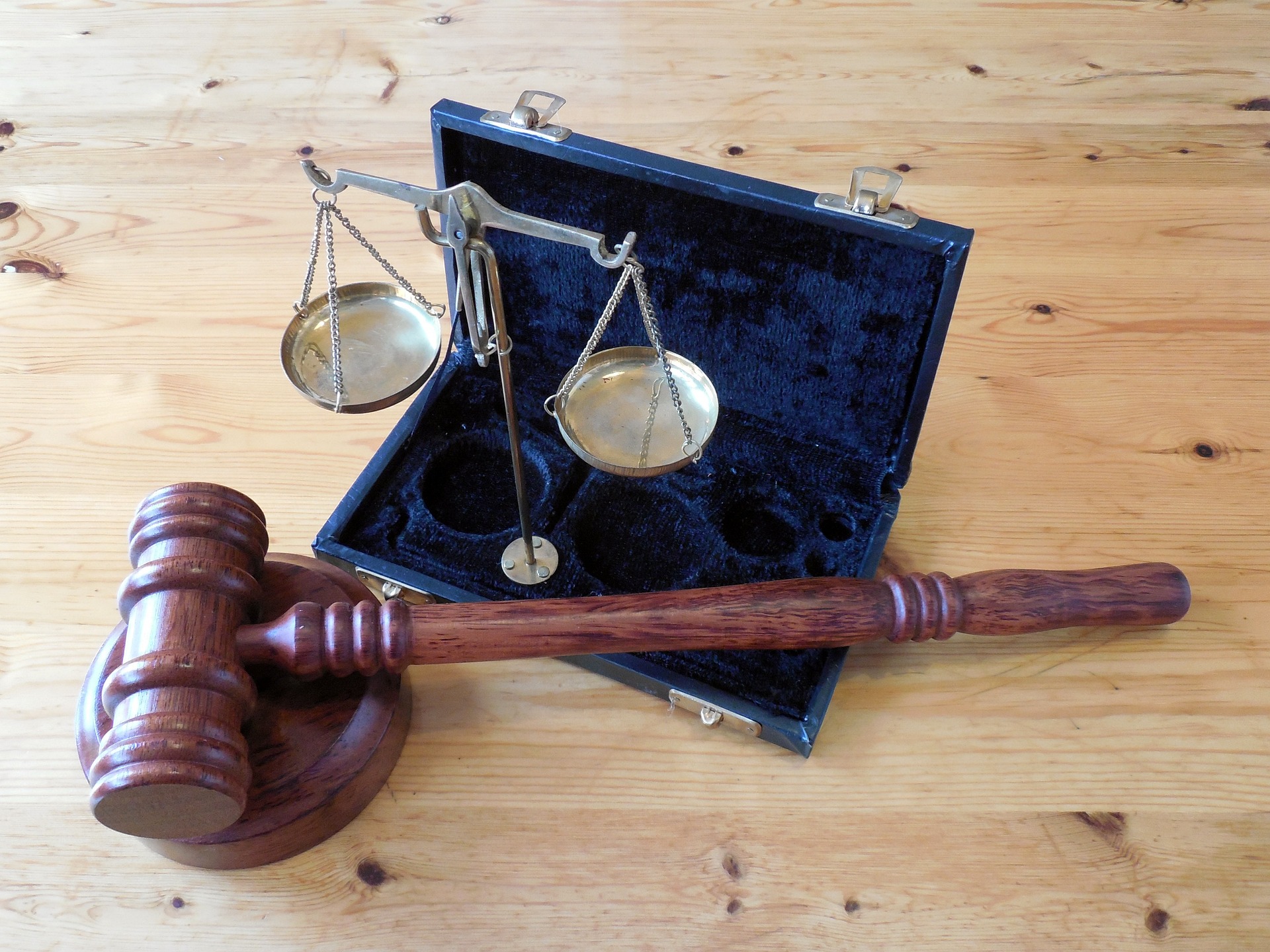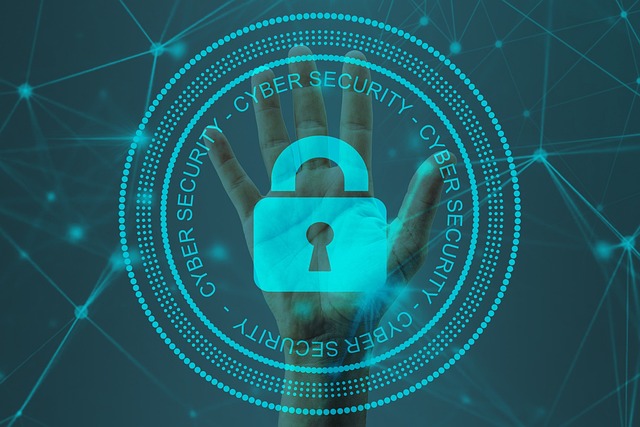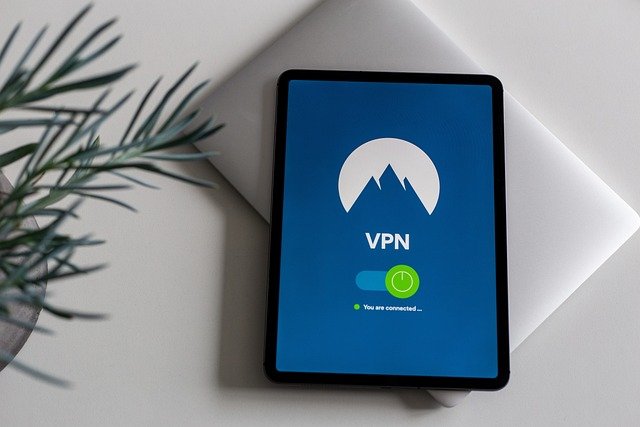The Intersection of Intellectual Property Rights and Artificial Intelligence: A Legal Analysis
Artificial intelligence (AI) has undeniably become a crucial part of our lives. It's in our phones, cars, homes, and workplaces. However, as AI technology continues to evolve rapidly, it raises complex issues in the realm of intellectual property (IP) law. This article delves into the intersection of IP rights and AI, exploring the current legal landscape, recent developments, and the implications on society.
The Confluence of AI and IP: A Brief History
Artificial intelligence is not a new concept. In fact, it dates back to the mid-20th century, when mathematician Alan Turing proposed the idea of machines that could think. However, the explosion of AI in recent decades, driven by advancements in computing power and data availability, has brought it to the forefront of legal discussions.
Early AI applications were relatively straightforward and did not pose significant challenges to IP laws. However, as AI systems became more sophisticated, capable of creating works of art, music, and even patentable inventions, the question arose: who owns the intellectual property rights to AI-generated creations?
The Current Legal Landscape: AI and IP
Currently, IP laws worldwide are primarily designed to protect human creativity. For instance, copyright laws typically require a human author, and patent laws necessitate a human inventor. However, AI systems challenge these traditional notions. In most jurisdictions, AI-generated works fall into a legal gray area, with no clear ownership rights.
In recent years, there have been several notable cases highlighting this issue. For instance, the infamous ‘Monkey Selfie’ case, where a macaque took a picture using a wildlife photographer’s camera, raised questions about non-human authorship. Although this case involved an animal, it has implications for AI-generated works.
Recent Developments and Policy Discussions
Recognizing the growing importance of AI, several jurisdictions have started to explore legal reforms. The European Union, for instance, launched a public consultation in 2020 on whether their IP laws should be adapted to accommodate AI and other emerging technologies.
Similarly, the United States Patent and Trademark Office (USPTO) solicited public comments in 2019 on patenting AI inventions, indicating a willingness to revisit the human inventor requirement. The World Intellectual Property Organization (WIPO) is also conducting a global conversation on IP and AI, aiming to develop a balanced and effective IP system for AI.
The Implications and Impact on Society
The intersection of AI and IP law has profound implications for society. On one hand, granting IP rights to AI could foster innovation by incentivizing investment in AI research and development. It could also provide a clear legal framework for businesses and individuals using AI.
On the other hand, there are concerns about fairness and accountability. If AI systems are granted IP rights, would this unfairly benefit corporations that own these systems at the expense of human creators? And if an AI system infringes on someone’s IP rights, who should be held accountable?
While there are no easy answers, it’s clear that the dialogue around AI and IP law will continue to evolve. As it does, it’s critical for lawmakers, businesses, and citizens to stay informed and engaged, shaping the future of this intersection in a way that balances innovation, fairness, and accountability.
Conclusion
The intersection of AI and IP law is a complex and rapidly changing field. As AI continues to advance and become an increasingly integral part of our lives, it’s crucial to continuously reevaluate and update our IP laws to ensure they remain relevant and effective. While the path forward may be uncertain, one thing is clear: the dialogue and legal evolution surrounding AI and IP rights is just beginning, and it’s a conversation worth following.





